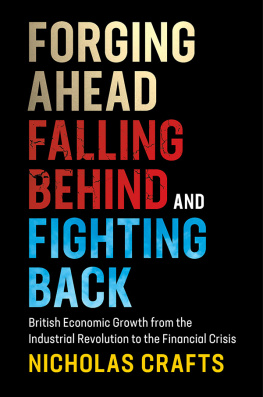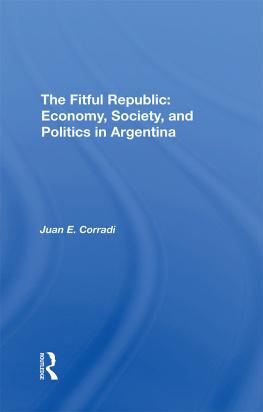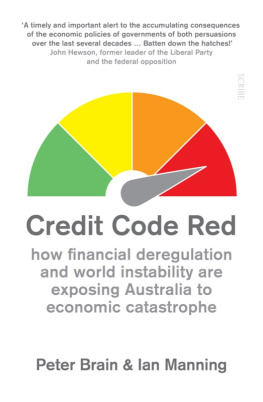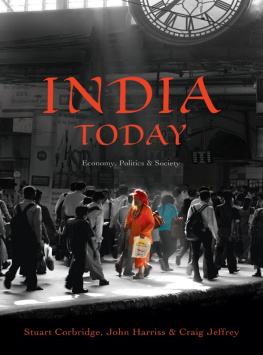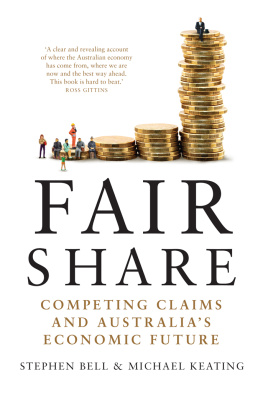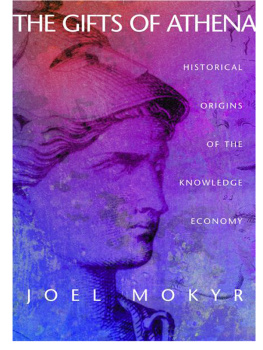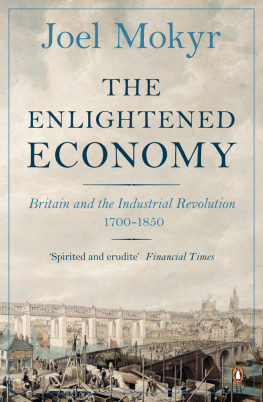Other books in the Redbacks series:
Battlers and Billionaires:
The Story of Inequality in Australia
ANDREW LEIGH
Why We Argue about Climate Change
ERIC KNIGHT
Dog Days: Australia after the Boom
Ross GARNAUT
Anzacs Long Shadow: The Cost of Our National Obsession
JAMES BROWN
Crime & Punishment: Offenders and Victims in a Broken Justice System
RUSSELL MARKS
Supermarket Monsters: The Price of Coles and Woolworths Dominance
MALCOLM KNOX
www.blackincbooks.com
Published by Redback,
an imprint of Schwartz Publishing Pty Ltd
3739 Langridge Street
Collingwood VIC 3066 Australia
www.blackincbooks.com
Copyright Dennis Glover 2015
Dennis Glover asserts his right to be known as the author of this work.
ALL RIGHTS RESERVED.
No part of this publication may be reproduced, stored in a retrieval system, or transmitted in any form by any means electronic, mechanical, photocopying, recording or otherwise without the prior consent of the publishers.
The National Library of Australia Cataloguing-in-Publication entry:
Glover, Dennis, 1964 author.
An economy is not a society: winners and losers in the new Australia / Dennis Glover.
9781863957472 (paperback)
9781925203363 (ebook)
Economic developmentAustralia. Government productivityAustralia. AustraliaEconomic policy.
AustraliaPolitics and governmentHistory.
338.994
Cover design by Peter Long
Cover photograph by Roger Howard
Photographs on pages 15, 20 and 23 by Wolfgang Sievers; used with permission of the Pictures Collection, State Library of Victoria
INTRODUCTION
DARK VISION
T hirty years ago, Australias self-styled economic reformers began a revolution that they won and the little people lost. This revolution devastated numerous once affluent working-class communities like the one in which I grew up, turning many of their inhabitants into something entirely new: the non-working class. Like all revolutions, it produced a grand reform narrative that portrays its leaders as heroes and those who oppose them as naive and self-interested reactionaries. This one-sided narrative must now be challenged.
At the heart of this tired revolution which lurches along, led by the managerialist class it placed in power is Joseph Schumpeters concept of creative destruction: the idea that in order to create a new economy, we must continually annihilate the old one. The task now is to rid ourselves of this heartless and morally barren concept and rediscover our moral voice so we can build a country that is once again worthy of us.
When you think about it, creative destruction is an ingenious piece of doublethink. By smashing things up, it claims, we are actually building them, and the people whose little world is being smashed should thank us for doing such a good job of it. The demolitionist becomes the engineer, the economist becomes the hero, the pig stands on two legs. But, we should ask, can an economic theory exist in the absence of a moral position? And if it cant, what is the moral position of creative destruction?
In an aside in his famous history of the great economists, The Worldly Philosophers, Robert L. Heilbroner who studied under Schumpeter at Harvard gives us a clue. He tells us that in the late 1930s, after the Wall Street Crash had delivered power to the Nazis and created the preconditions for World War II, Schumpeters students were regularly shocked to hear him declare, with obvious enjoyment, that depressions, far from being unmitigated social evils, were actually in the nature of a good cold douche for the economic system! The Great Depression a good thing? The inventor of creative destruction seems to have had all the morality of a pyromaniac.
The idea of creative destruction is presented to us as reason itself, and far superior to the romantic nostalgia of those who protest against it. But is creative destruction really better? Is it based purely on reason? Or is it motivated by a dark vision of humanity? Does it have its own bleak or, more accurately, shallow and banal conception of life and how it should be lived? Lets find out. Lets investigate the economic reformers idea of creative destruction from the point of view of some of those on the receiving end.
Where should we start? At home.
When Australian economists turn to economic reform, something strange happens: they reflexively start talking about China, the way a man cheating on his wife cant help but mention his mistress. Look at this aerial photograph of modern Shanghai, they say. Look at it glitter, look at it gleam! There, in China thats our future, and creative destruction will help us reach it. I want them to talk about Australia for a change not just the bits they can see from their business-class window seats as they depart for the cities of Asia, or the abstractions represented on their PowerPoint slides. Specifically, I want them to talk about the places where a lot of the destruction took place, like my old home town, whose fate, sadly, is not unique.
Once they do, something becomes obvious: not everyone is a winner from economic reform. Their friend creative destruction may indeed create, but it also destroys usually the lives of other people in far-off suburbs, about whom they know little and care less; people who dont have access to the opinion pages of the national dailies to tell us how well its all working out, now that the factories are gone and the unions have been broken and the public assets have been sold off and the middle classes with their private schools and private hospitals have cut free and left. These are people for whom Australia hasnt necessarily changed for the better.
So lets change our focus. Lets put away the wide-angle camera lens, walk through some back streets, disobey the Do Not Enter signs and have a good look at the results of the revolution the economic reformers began thirty years ago. If the creative destroyers want to take credit for all that glitters and all that gleams, then they must also take the blame for all the broken glass and all the graffiti and all the rust and all the pop-up rubbish dumps that now pollute our vision.
This is the story of what the creative destroyers have done. It is the story of a revolution that the little people lost.


